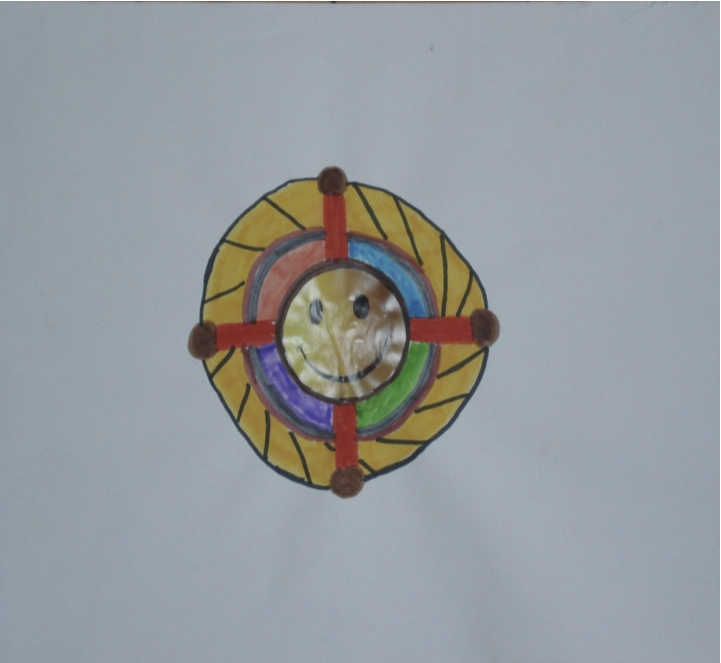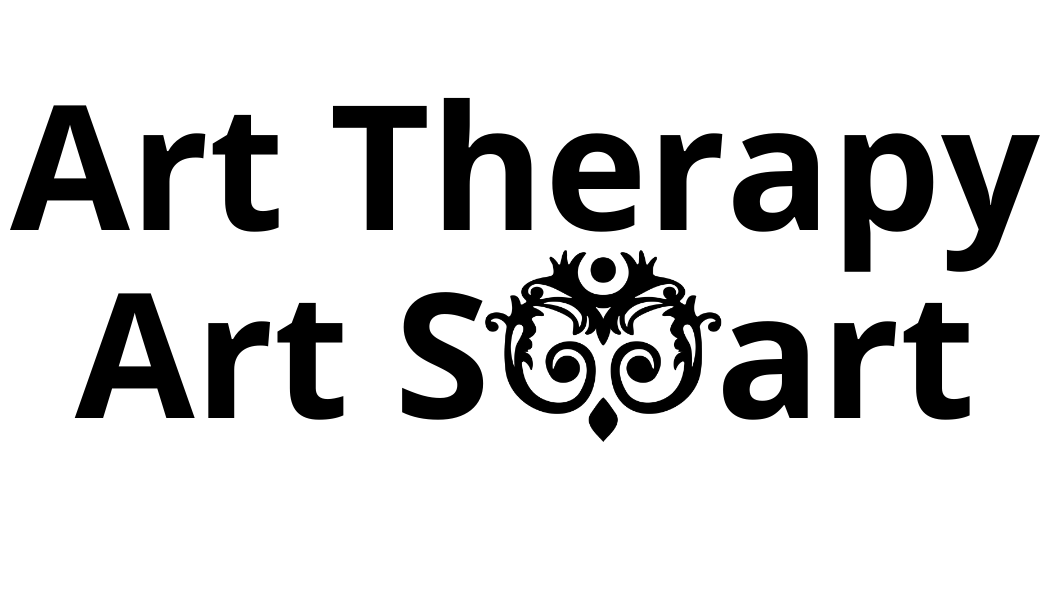Abstract
There is a high demand in Canada for effective interventions for youth in residential care. These youth often come into care with a variety of issues and experiences in which they have sustained physical, psychological, or emotional injuries. They also come with multiple diagnoses of learning disabilities, ADHD, Conduct Disorder, Post Traumatic Stress Disorder, Attachment Disorder and developmental disabilities. Effective interventions are necessary so that these youth can gain the emotional regulation skills required to express themselves in a creative and socially appropriate manner, as opposed to becoming destructive and acting out their hurt and frustrations through offending and violent behaviours. This thesis asks the question how does short-term art therapy assess and improve appropriate emotional expression and emotional identification? The research methodology uses a phenomenological approach and thematic analysis of a single, in-depth, retrospective case study of short-term art therapy. This thesis discusses appropriate and realistic goals of short-term art therapy with this population of adolescents. Despite having several mental health challenges and a history of abuse, the client demonstrated the ability to form an appropriate attachment, to sublimate, and to spontaneously create. Through artistic expression, he also demonstrated an increase in emotional identification and appropriate emotional expression. The limitations of short-term therapy are discussed as well as the indications for child and youth mental health care services to provide longer-term therapy and to make art therapy services more accessible to this population.


